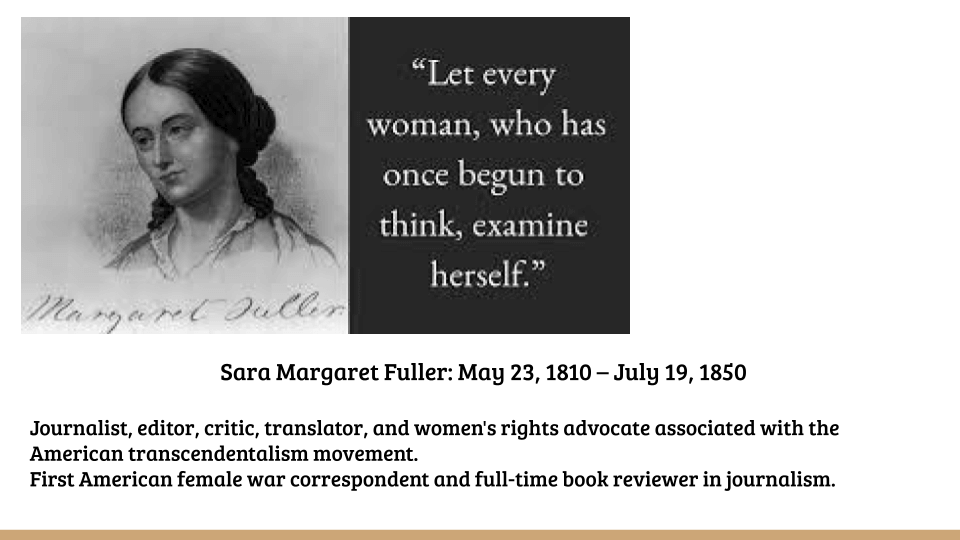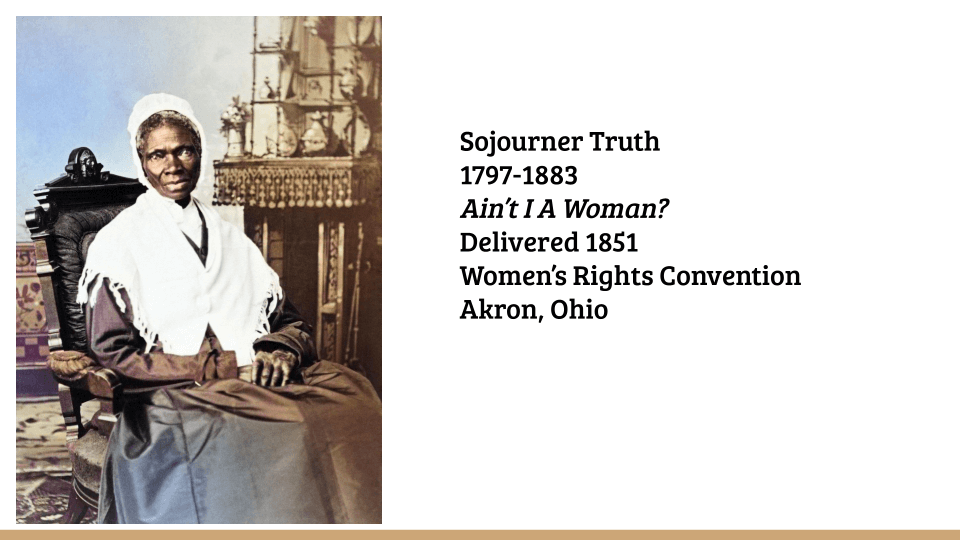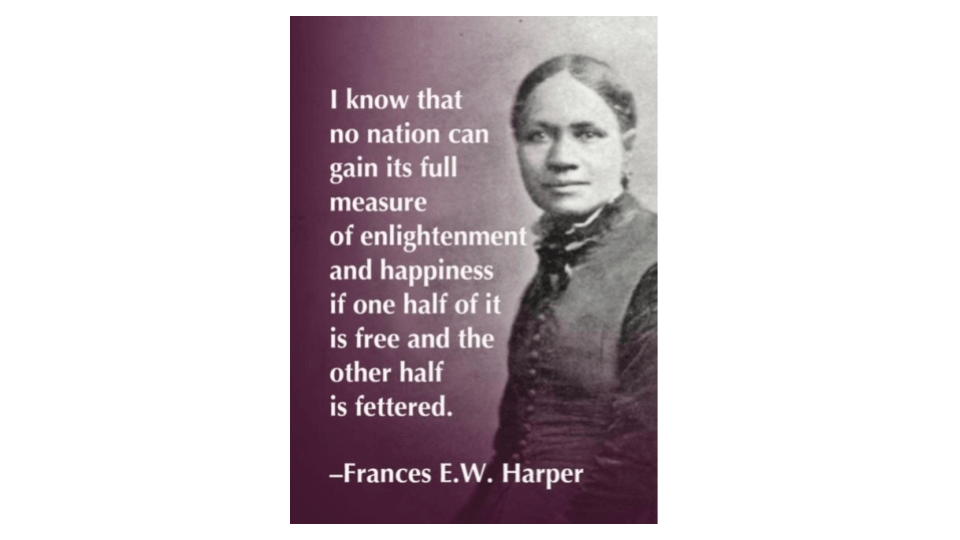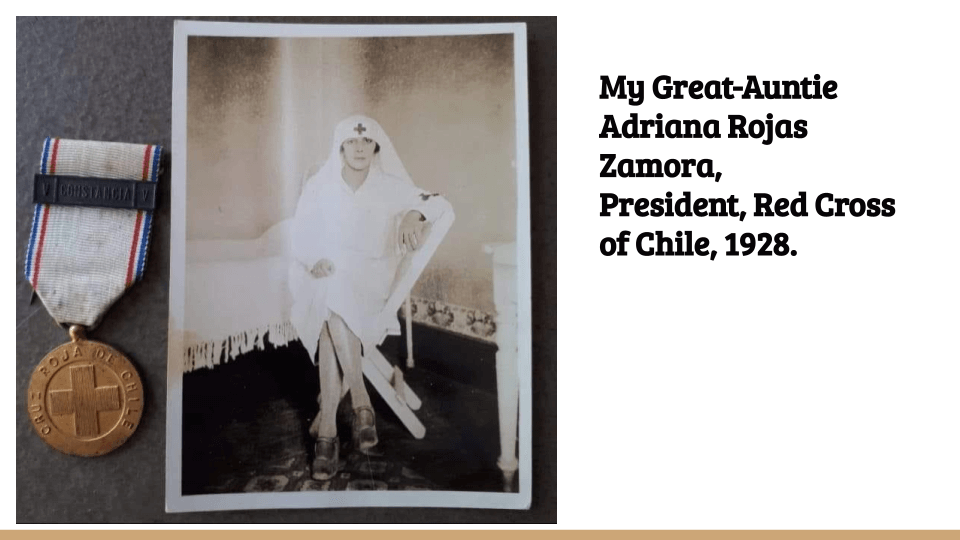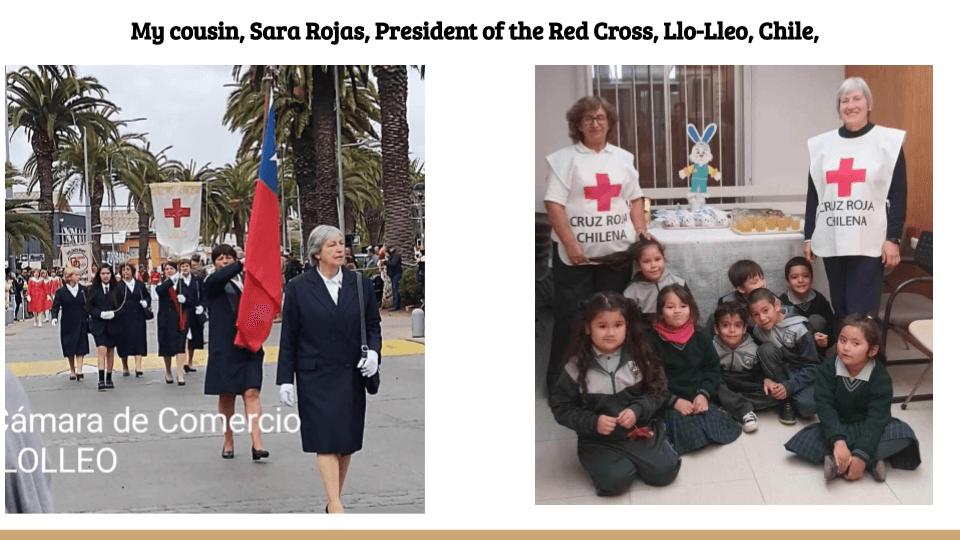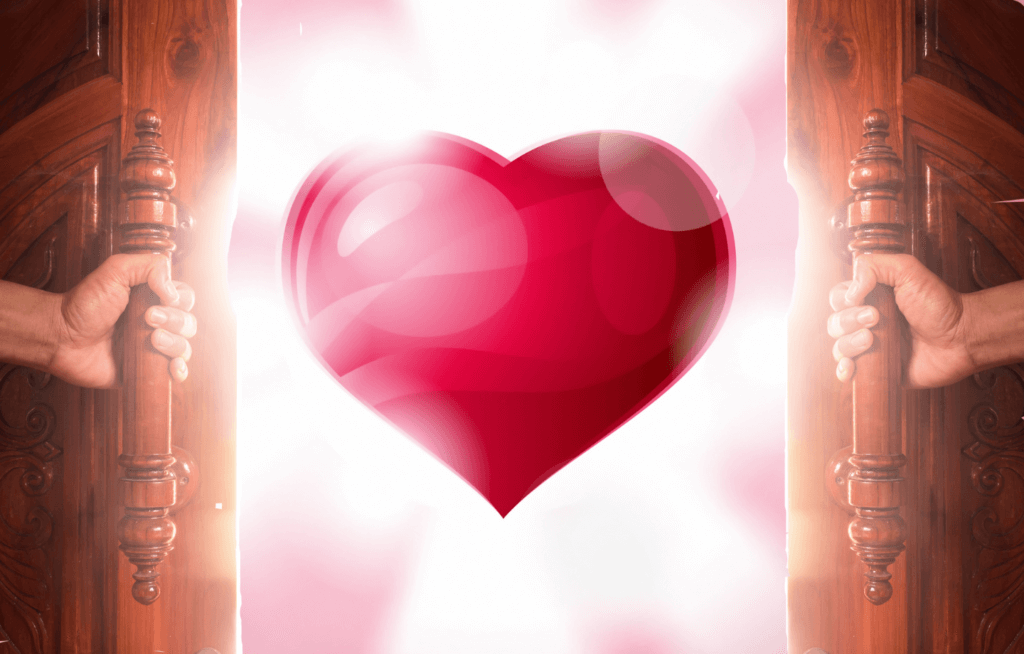
- This event has passed.
Clara Barton Sisterhood
Sunday, May 7 @ 10:30 am - 11:30 am
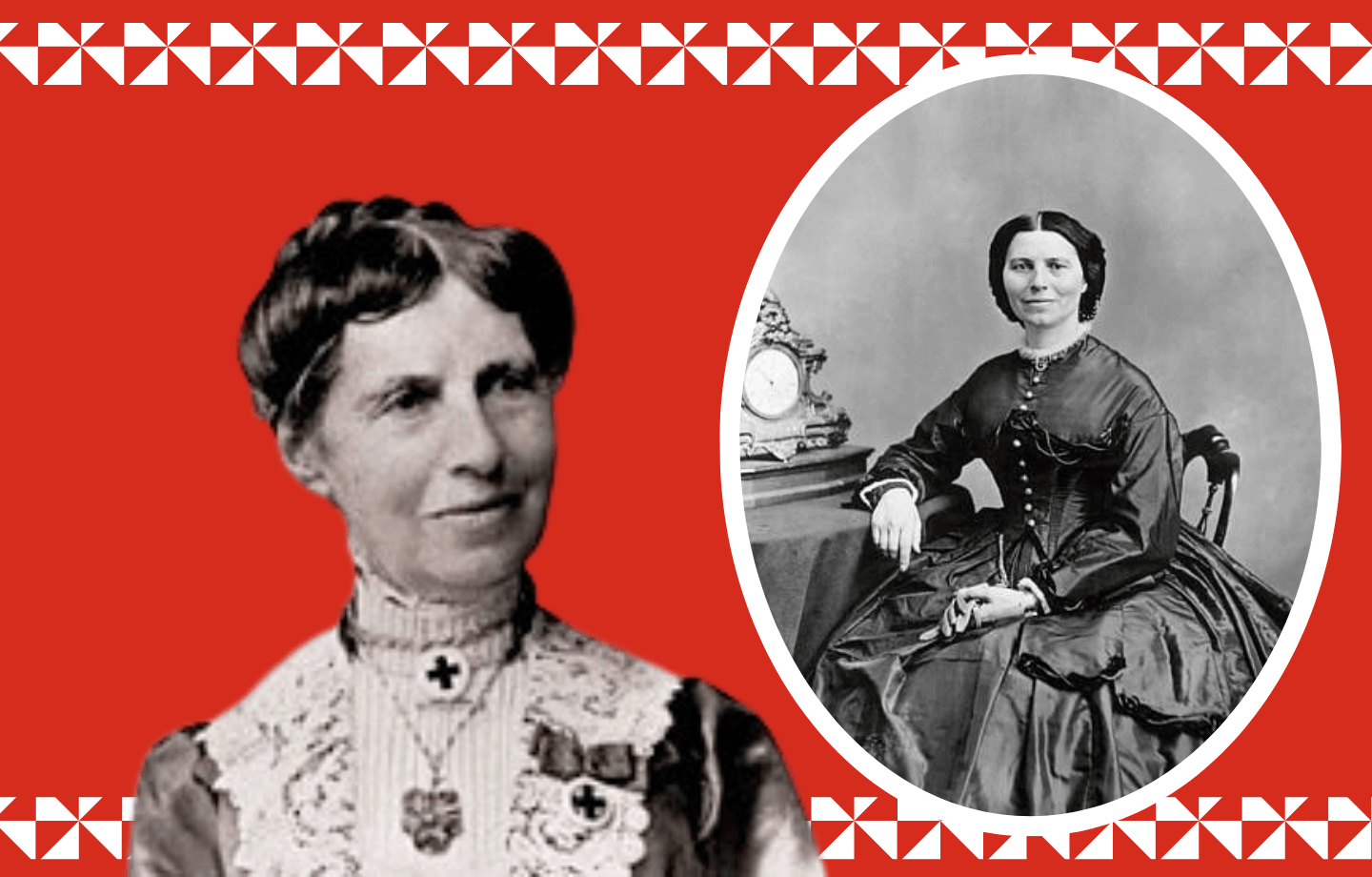

Universalist Clara Barton is best known for her work in organizing nursing services during the Civil War and, later, founding the American Red Cross. She did not start this work until she was over 40.
Two members from East Shore will also be inducted into the Clara Barton Sisterhood, which was created in her name as a way for local women’s groups, congregations, and individuals to honor women aged 80 and over for their contributions to their congregations and communities.
Rev. Dr. María Cristina Vlassidis Burgoa preaching.
How to Attend
We require masks in all buildings. We encourage all in person participants to be vaccinated. Read more about our In Person Guidelines here.
• To virtually attend, please Zoom in using room number 989 3107 9078, passcode: chalice.
• To phone into the service, call 669-900-6833, Meeting ID: 989 3107 9078.
For those joining, please mute as soon as you enter the room, so everyone can hear. Please note, the services will be recorded, but at this time, there are no plans to share the recording.
More Information
Religious Education for children and youth happens during worship on Sundays. Children and youth arrive in the Sanctuary for the just a little bit and welcome in Sunday with a story and song. Then, they attend their own programs in the Education building. Learn more here!
If you don’t have a chalice, but want to light one, check out our Making a Chalice at Home page.
Both virtual and in person services are followed by coffee hour.
Children’s Story
Sermon Audio
Clara Barton Sisterhood
Sermon Text
“A new manifestation is at hand, a new hour is come. We would have every arbitrary barrier thrown down. We would have every path laid open to woman as freely as to man. Were this done, we believe a divine energy would pervade nature to a degree unknown in the history of former ages. A new manifestation is at hand, a new hour has come.” Margaret Fuller
This morning we honor women warriors, healers, pioneers: Women who are part of our history, and who left us a legacy of courage, dignity, and compassion.
As we heard in the story for all ages, Clara Barton was a Universalist and women’s rights advocate, a passionate advocate for relief work, and founder of the American Red Cross in 1881.
In a letter to her friend Fannie in 1870, Clara wrote:
“I can never see a poor mutilated wreck, blown to pieces with powder and lead without wondering if visions of such an end ever flitted before his mother’s mind when she washed and dressed her fair skinned baby. Women should certainly have some voice in the matter of war, either affirmative or negative and the fact that she has not this should not be made the ground on which to deprive her of other privileges. She shan’t say there shall be no war—and she shan’t take any part in it when there is one, and because she don’t take part in war, she must not vote, and because she can’t vote, she has no voice in her government, and because she has no voice in her government, she isn’t a citizen, and because she isn’t a citizen, she has no rights, and because she has no rights, she must submit to wrongs, and because she submits to wrongs, she isn’t anybody, and “what does she know about war—” and because she don’t know anything about it, she mustn’t say or do anything about it.”
Margaret Fuller, born in 1810, was raised a Unitarian. This was a time when women could not attend institutions of higher learning. Despite being denied the educational opportunities enjoyed by men, she persevered in her education, on her own terms. She refused to accept the limited role of women in American society, and was a pioneer on issues of women’s rights. She was a member of the Transcendentalist circle, a teacher, and editor of and contributor to The Dial, the famous Transcendentalist journal of the era. In 1843 she published
“The Great Lawsuit: Man versus Men, Woman versus Women” in which she argues that Manhood and Womanhood are transcendent ideals and that we each contain both masculine and feminine qualities. But because men have greater access to self development, women have been prevented from accessing those means and she urged this be corrected for the benefit of all humanity.
She was denied entrance to Harvard Divinity School and in response, created spaces where women could engage in discussions about theology, education, ethics, and more, using the same books assigned at the divinity school. Fuller was sometimes criticized by some of the women participating in these discussions for avoiding the topic of slavery. Eventually Fuller changed her mind about this. In her writings, she called this country’s treatment of indigenous people and Black people a betrayal of its democratic ideals.
In 1845, Fuller published Women of the Nineteenth Century, considered “the loftiest and most commanding assertion yet made of the right of Woman to be regarded and treated as an independent, intelligent, rational being, entitled to an equal voice in framing and modifying the laws she is required to obey, and in controlling and disposing of the property she has inherited or aided to acquire”
Olympia Brown received her call to the ministry and when she applied to several seminaries was rejected again and again. In 1861 she was admitted to the Theological School of St. Lawrence University, even though its President, did not believe women should be ministers. After graduation, she faced opposition to her ordination and had to appeal to the Northern Universalist Association. Finally, in 1863, Olympia Brown became the first woman to be ordained as a minister in the Universalist Church.
Sojourner Truth- In 1827, she walked away by daylight when her master failed to uphold the New York Anti-Slavery Law. In 1843 after experiencing a religious conversion, she named herself Sojourner Truth, became an itinerant preacher, became part of the antislavery movement, and the woman’s rights movement. At the 1851 Women’s Rights Convention, Sojourner Truth delivered what is now recognized as one of the most famous abolitionist and women’s rights speeches in American history, “Ain’t I a Woman?”
“That man over there says that women need to be helped into carriages, and lifted over ditches, and to have the best place everywhere. Nobody ever helps me into carriages, or over mud-puddles, or gives me any best place! And ain’t I a woman? Look at me! Look at my arm! I have ploughed and planted, and gathered into barns, and no man could head me! And ain’t I a woman? I could work as much and eat as much as a man – when I could get it – and bear the lash as well! And ain’t I a woman? I have borne thirteen children, and seen most all sold off to slavery, and when I cried out with my mother’s grief, none but Jesus heard me! And ain’t I a woman? If the first woman God ever made was strong enough to turn the world upside down all alone, these women together ought to be able to turn it back , and get it right side up again!” During the Civil War, Truth helped recruit black troops for the Union Army; She continued to fight on behalf of women and African Americans until her death. As her biographer Nell Irvin Painter wrote, “At a time when most Americans thought of slaves as male and women as white, Truth embodied a fact that still bears repeating: Among the blacks are women; among the women, there are blacks.
Speaking of brave women, I’d like to share with you a couple of photos. One is of my great aunt Adriana, taken in 1928 in her Red Cross uniform. The Red Cross in Chile was founded in 1903 by men, originally for the purpose of safeguarding private property. It wasn’t until 1914 that the Women’s Red Cross was founded and incorporated volunteer nurses. Living in northern Chile, in a small mining town prone to tragedies associated with the exploitation and unsafe working conditions of the mines in addition to regular earthquakes, she remained a Red Cross volunteer her entire life while working, raising her children and always contributing to our family’s well being.
Today her grand-daughter, my cousin Sara, is the President of the Red Cross chapter in her town, having attained a university level education, having raised a daughter as single parent, and having survived the horrors of a dictatorship that lasted for almost two decades, she continues to serve the most vulnerable in her community, just like her grandmother did before her.
Today I honor them both and recognize in their courage and compassion, the roots of my call to a ministry that is social justice centered. As I honor Clara Barton, Margaret Fuller, Olympia Brown, and Sojourner Truth, all of whom reaffirm my call to ministry. I feel connected to all these brave women whose passion for education and human rights I hope comes through in my sermons, community service, academic work, and parish ministry. I hope that you too feel connected to them by being part of the larger Unitarian Universalist movement that is now calling us all to respond to the call to defend reproductive rights and to defend our trans siblings from attempts to curtail their access to medical care, their bodily autonomy, and the most basic human right to exist. These are dangerous times indeed, claiming violently the lives of the most vulnerable among us. Our denomination has been answering the call of love for centuries. We will not stop now. Ours is a history of resistance.
In 1977 the Unitarian Universalist Association General Assembly in Ithaca, New York passed a resolution urging us to “affirm, defend, and promote the supreme worth and dignity of every human personality, and the use of the democratic method in human relationships”; and examine human relationships and teachings that still create and perpetuate attitudes that cause women everywhere to be overlooked and undervalued; and the impact of internalizing these cultural models on children, youth and adults, limiting their sense of self-worth and dignity;
In 2014 Unitarian Universalist Minister Rev. Josh Pawelek wrote: We still live in a culture in which it is OK to question whether or not a woman’s body belongs exclusively to her, and to behave as if it doesn’t. We still live in a culture in which women don’t have complete freedom to make what are often heart-wrenching, deeply spiritual choices about: their own reproductive healt…We cannot have a real and honest conversation about abortion in our nation because women’s control over their own bodies, their families and their livelihoods is still contested at the highest levels of government and society. Because as a nation we still haven’t accepted that basic feminist premise that women are human beings…”
Now in 2023, we are living in dangerous times. A new manifestation is at hand: The US Supreme Court has overturned Roe v Wade. The radical religious right’s strategy to ban abortion is similar to the strategies being used to attack trans and queer people. We are called to advocate for just and compassionate laws for family planning, reproductive and sexual health, and gender equity. Our Unitarian Universalist faith affirms that all of our bodies are sacred. We should have the power to decide what does and doesn’t happen to our bodies at every moment of our lives because consent and bodily autonomy are holy.
Beloveds, a new manifestation is at hand, a new hour is come. And once again, we are being called to action. We are being called to save lives. To resist and create alternative spaces in the face of oppression and fascism. To defend human rights and safeguard the bodily autonomy of all. To bring healing to today’s battlefields, our communities, to struggle alongside the most vulnerable among us. Into these modern day battlefields filled with fear, terror, persecution, and death, we are called to bring faith, hope, and love. We are being called to protect, to bless and make whole, the bodies of women and trans people.
May we honor Clara Barton, Margaret Fuller, Sojourner Truth, Olympia Brown, and all the people whose legacy of courage, dignity, and compassion accompany us on the journey. May we honor them, our UU values, and ourselves by answering the call of love. Amen and Blessed Be.
Slideshow



